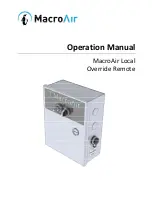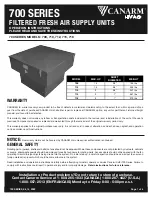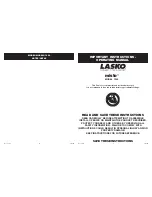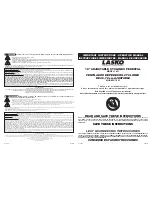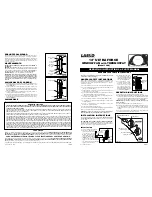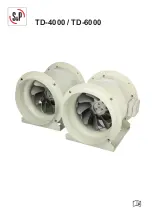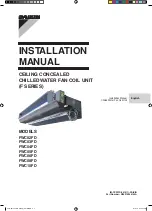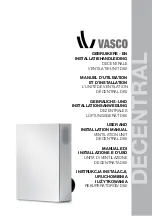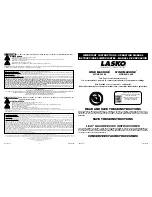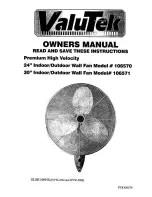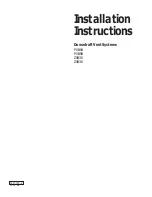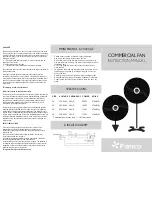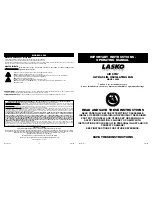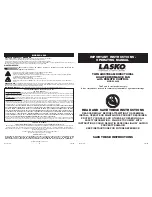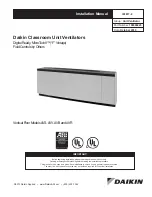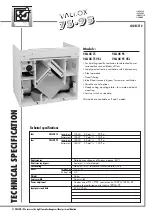
4.
Hanging the Fan
REMEMBER
to turn off the power. Follow
the steps below to hang your fan properly.
NOTE:
This ceiling fan is supplied with two
types of hanging assemblies; the standard
ceiling installation using the downrod with
b a l l a n d s o c k e t m o u n t i n g a n d t h e
"flushmount" installation. The "flushmount"
installation is recommended in rooms with
less than 8-foot ceilings or in areas where
additional space is desired from the floor to
the fan blades. When using the standard 4
1/2" downrod, the distance from the ceiling
to the bottom of the fan blades will be
approximately 12 1/2 inches. Once you have
selected which mounting system you will
use, proceed with the following instructions.
W h e r e n e c e s s a r y, e a c h s e c t i o n o f t h e
i n s t r u c t i o n s w i l l n o t e t h e d i f f e r e n t
procedures to follow for the two types of
mounting.
2.
outlet box with the screws and washers
provided with your outlet box.
3. Pass the 120-volt supply wires through the
center hole in the ceiling hanger bracket
as shown in Fig. 6.
4. Remove the hanger pin, lock pin and set
s c r e w s f r o m t h e t o p o f t h e m o t o r
assembly.
5. Route the wires through the canopy and then
through the ball/downrod assembly. (Fig. 6A)
6. Align the holes at the bottom of the downrod
with the holes in the collar on top of the motor
housing (Fig.6A). Carefully insert the hanger
pin through the holes In the collar and
downrod be careful not to Jam the pin against
the wiring inside the downrod. Insert the
locking pin through the hole in locked
position. (Fig. 6A)
Secure the hanger bracket to the ceiling 7.
motor collar firmly and evenly. (Fig. 6A)
8. Place the downrod ball into the hanger
bracket socket. Rotate the downrod ball
until the groove of the downrod ball lines
up with the hook of the hanger bracket.
(This will help balance the fan.)
Tighten two set screws at top of the fan
Figure 5
Ceiling
hanger
bracket
Ceiling
canopy
Screws
STANDARD CEILING
INSTALLATION
1. Remove the hanger bracket from the
canopy by loosening the four screws on
the top of the canopy. Remove the two
n o n - s l o t t e d s c r e w s a n d l o o s e n t h e
slotted screws. This will enable you to
remove the hanger bracket. (Fig. 5)
WARNING
FAILURE TO PROPERLY INSTALL
LOCKING PIN AS NOTED IN STEP 7
COULD RESULT IN FAN LOOSENING
AND POSSIBLY FALLING.

















